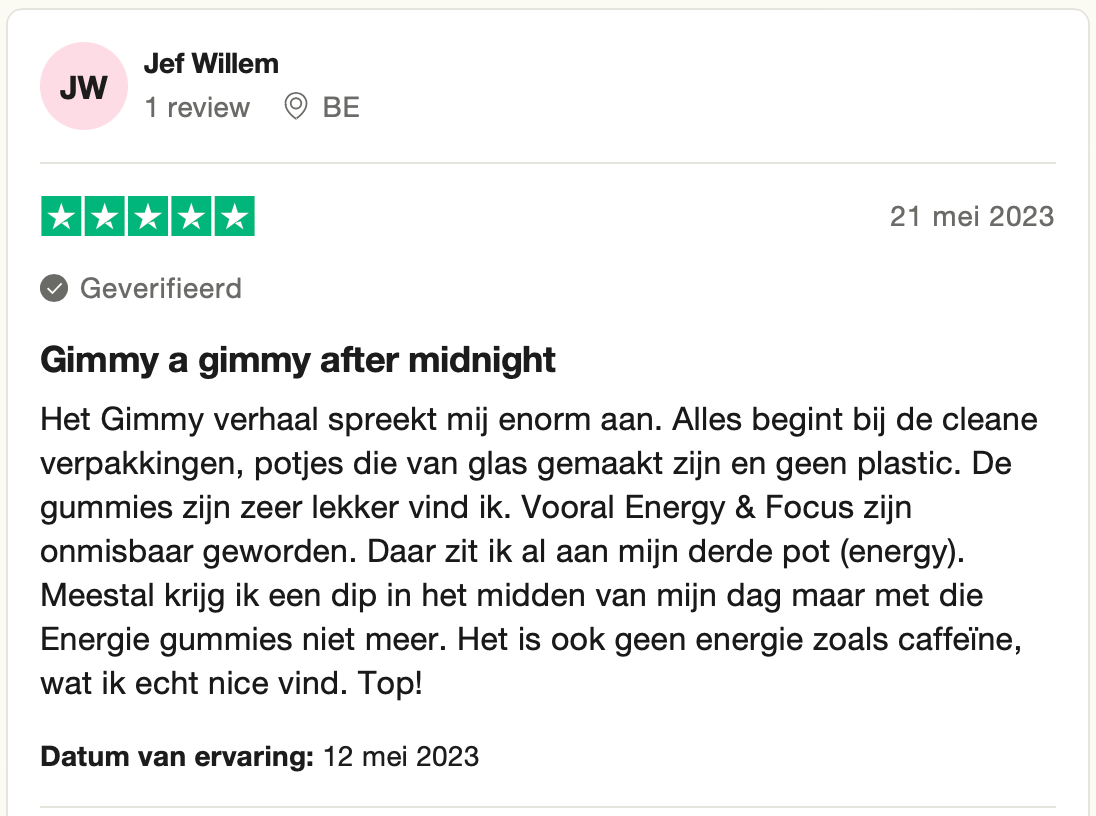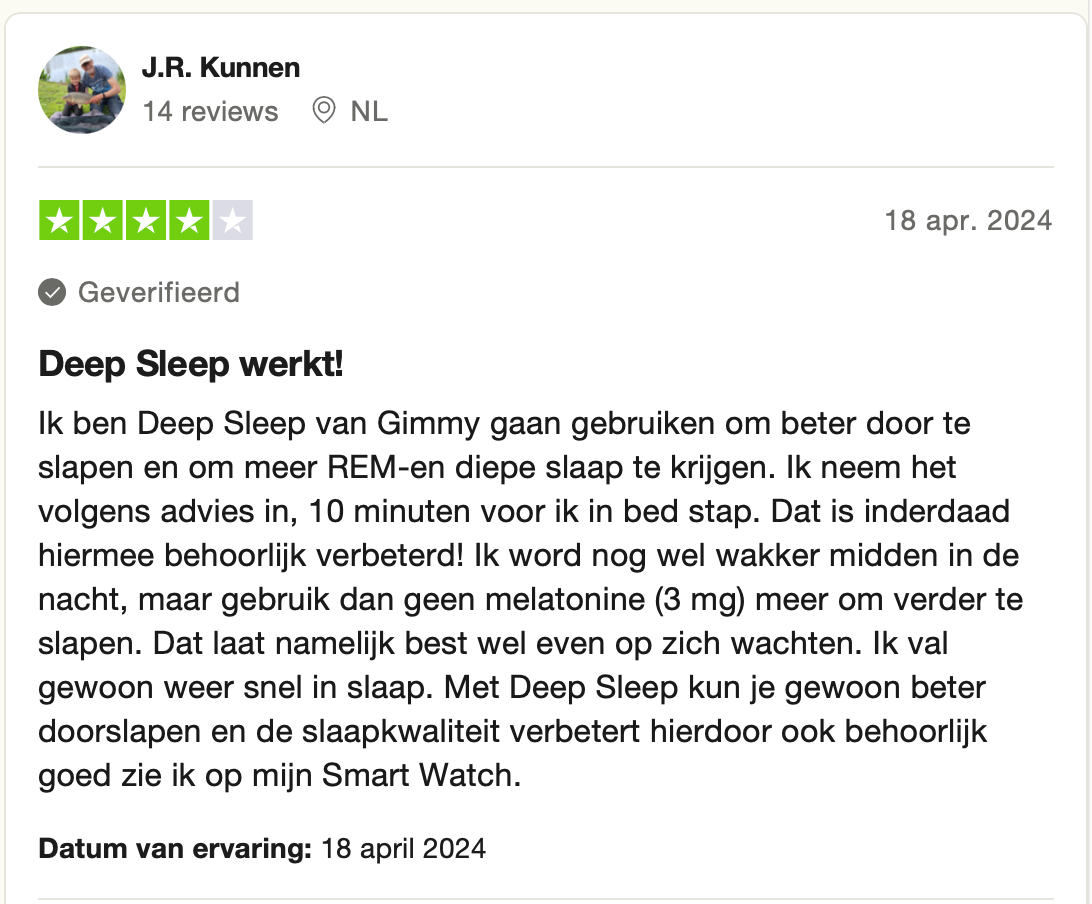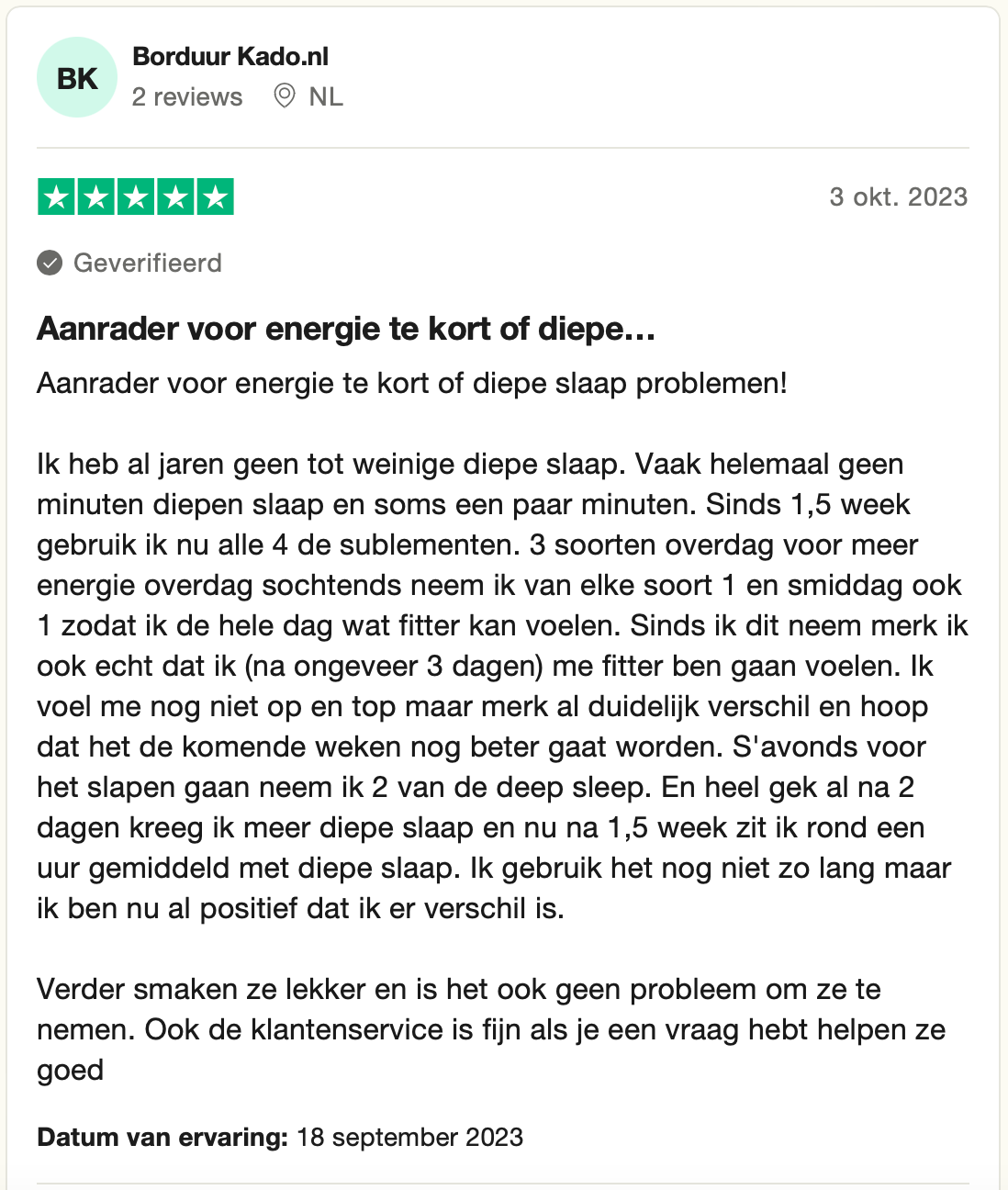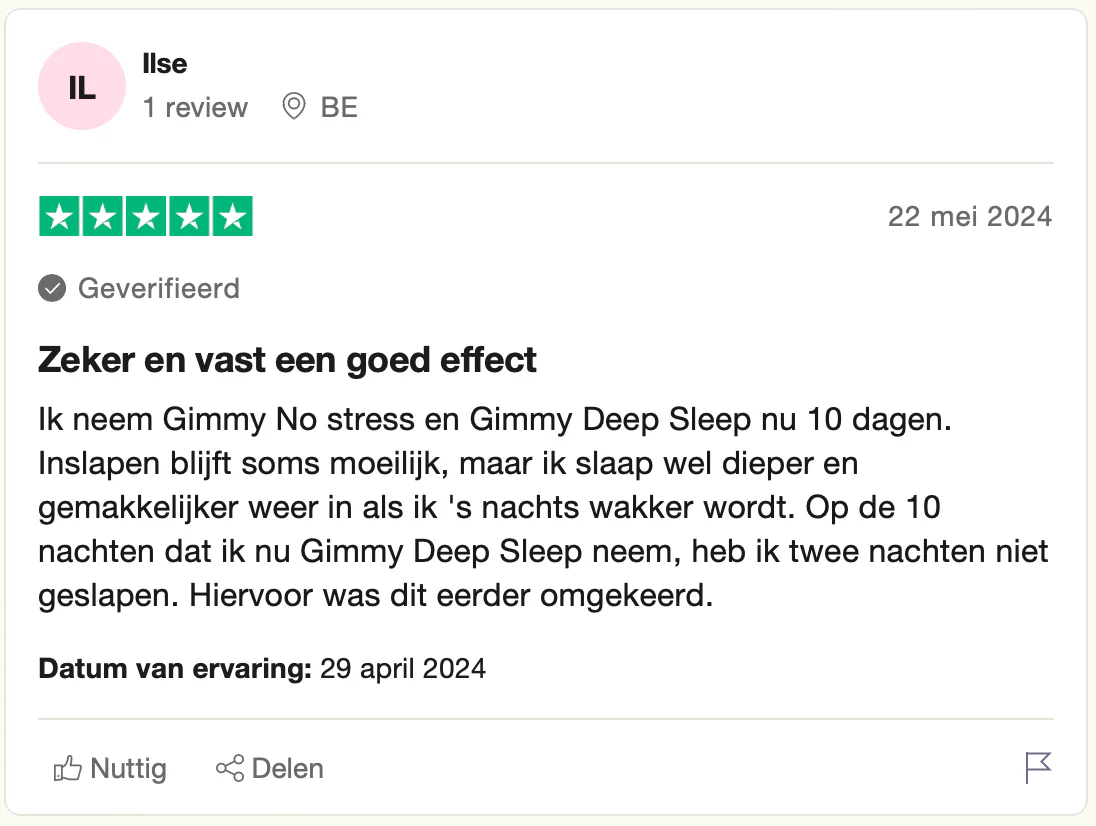The (positive?) effect of music on sleep
door Floris Biesemans op Feb 21, 2023
Surely sleeping and listening to music have nothing to do with each other, we hear you thinking. Well, at first glance you may be correct, but both can be very complementary. After all, music has the gift, besides being beautiful, ugly, loud or quiet, to also work as a sleep aid. In fact, certain types of music make you fall asleep faster, nice right? In this blog, we look for the connection between music and falling asleep, and we figure out which music would be suitable for this purpose.

In addition, playing sea or ocean sounds can help create the feeling of a natural environment, making it easier to relax and fall asleep. It can also help reduce stress and anxiety, as the sounds of the sea or ocean are often associated with vacation and relaxation.
Do you suffer from sleep problems? Then be sure to read our blog Insomnia - what is it and what can I do about it?
The influence of music on sleep
Music plays a certain role in our brain: it has a relaxing effect on our mind and body. When listening to music, our brains release substances such as endorphins and dopamine. Both substances reduce feelings of anxiety and improve feelings of happiness. Also, your cortisol levels (the stress hormone par excellence) would also decrease and your melatonin levels in your body would increase. Several studies have been conducted in the past on the effect of music on sleep. One interesting finding was that people who listened to quiet music fell asleep faster and woke up more rested. So quiet music does play an effect on mental well-being. Quiet music, which we can define as music with less than 80 beats per minute, lowers your breathing, blood pressure and muscle tension, putting you into a relaxed mode faster, and thus into an ideal sleep situation. On top of that, quiet music will also camouflage environmental noises, such as noise on the street or from neighbors.Music for better sleep
Of course, with what we know now, it is important to find music that effectively helps us fall asleep. Therefore, we made a list for you of 5 genres, each with an excellent, scientifically proven song to go with it.- New Age "Weightless" - Marconi Union
- Classical music "Canzonetta Sul-aria" - Wolfgang Amadeus Mozart
- Mediation music (binaural beats) Music by "Mediation Moments"
- Folk Rock "The Boxer" - Simon & Garfunkel
- Nature music "Ambient Nature Sound" on Spotify
Better not listen to this before bedtime
Now that it is clear that music can help you sleep better, it is also important to list its drawbacks. In fact, past research on the effect of music on sleep has revealed an important pitfall. When you listen to the wrong type of music, it can make you sleep worse. Therefore, we list below some genres that are best avoided before bedtime:- Songs with more than 80 beats per minute -> heart rate will increase instead of decrease
- Earworms -> this lingers in our brain so you can't calm down
- Songs that can make you extremely sad
- Songs that just make you very happy

Using Airpods at bedtime
The final, logical question is how to listen to that music now in the bedroom. After all, the use of cell phones and blue light is frowned upon everywhere, including by GIMMY in our many interesting blogs. Therefore, we see great potential in the wireless Airpods: you set up a playlist (with songs from genres we listed above) and let it play on your Airpods, about 30 minutes before you actually want to fall asleep. Airpods with sea or noise sounds can help you fall asleep better because these sounds have a calming and relaxing effect. Playing white noise, which contains a mix of different frequencies and sounds, can help mask ambient noise and calm the mind. It can also help regulate breathing and heart rate, contributing to feeling relaxed and improving sleep quality.In addition, playing sea or ocean sounds can help create the feeling of a natural environment, making it easier to relax and fall asleep. It can also help reduce stress and anxiety, as the sounds of the sea or ocean are often associated with vacation and relaxation.
Conclusion
Playing music before bed certainly offers some interesting possibilities: your brain produces more relaxing and less stressful substances, making for a more relaxed brain and better sleep quality. Listen to genres such as New Age, classical music or nature music with less than 80 beats per minute. In addition, avoid emotional music or sing-alongs; these will carry over into your brain until you wake up again. Finally, consider using airpods, where you can play your regular playlist, or listen to sea or rest sounds.Do you suffer from sleep problems? Then be sure to read our blog Insomnia - what is it and what can I do about it?

Onze tevreden klanten


























